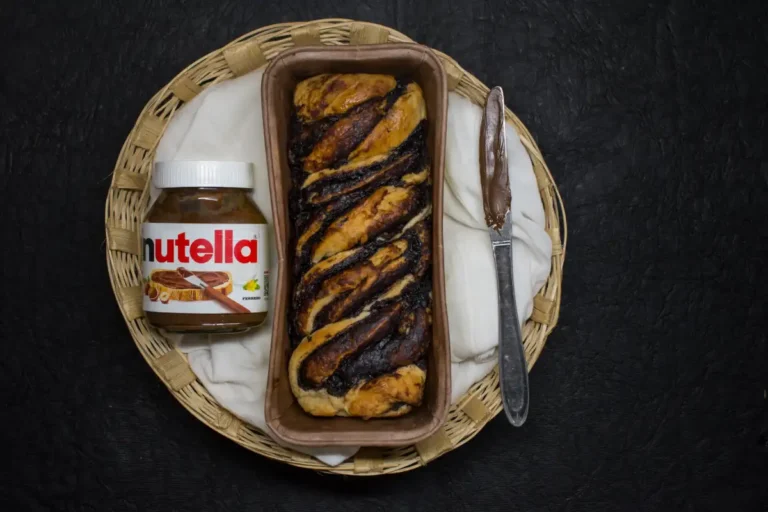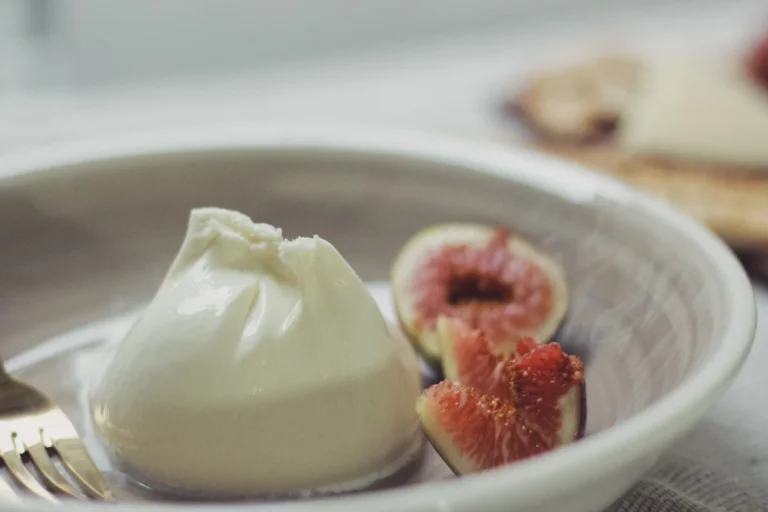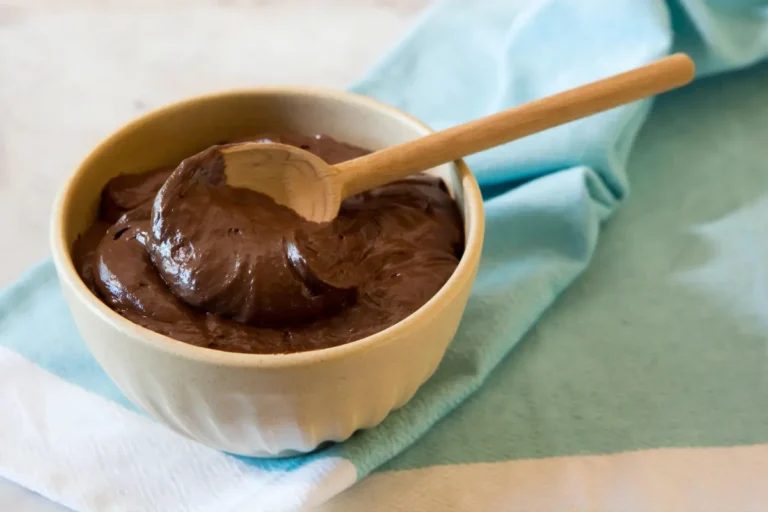Is Gluten Halal?
Various proteins make up gluten. Grains including barley, rye, and wheat contain these proteins. It can be used a tonne in baking. Any of these flours, such as wheat flour and water, when combined, produce a dough.
Wheat Gluten is a protein composite extracted from wheat flour. As a plant-derived ingredient, Wheat Gluten and Vital Wheat Gluten are generally recognized as halal. Gluten must be entirely plant-based and free of any haram ingredients in order to be considered halal.
What Is Gluten?
The proteins contained in wheat, rye, barley, and triticale are collectively referred to as gluten. By serving as a glue to hold food components together, gluten aids in the preservation of the shape of food.
Wheat
Wheat is commonly found in:
- bread
- baked goods
- soups
- pasta
- cereals
- sauces
- salad dressings
- roux
Barley
Barley is commonly found in:
- malt (malted barley flour, malted milk, and milkshakes, malt extract, malt syrup, malt flavoring, malt vinegar)
- food coloring
- soups
- beer
- Brewer’s Yeast
Rye
Rye is commonly found in:
- rye bread, such as pumpernickel
- rye beer
- cereals
Triticale
It can potentially be found in:
- bread
- pasta
- cereals
READ NEXT: Is Whey Protein Halal? [Quran And Fatwa]
Gluten And Islam
Although some of us may believe that the remedy is always medicinal or herbal, the hadith makes no such claims. Whole wheat and barley, which the Prophet (SAW) consumed, are two of the best remedies Allah has provided us for heart disease.
They improve the body’s ability to properly discharge wastes while also lowering cholesterol. Additionally, they promote healthy blood coagulation, enhance circulation in general, and enhance cellular health.
Read more about gluten and Islam at: aboutislam.net
I came to one more credible site to offer great knowledge regarding Gluten.
Gluten is permissible.
gluten – Mixture of proteins not readily soluble in water that occurs in wheat and most other cereal grains. Its presence in flour makes production of leavened baked goods (see baking) possible because the chainlike gluten molecules form an elastic network that traps carbon dioxide gas and expands with it. The properties of gluten vary with its composition, which differs according to the source. Thus, doughs range from soft and extensible to tough and elastic, depending on the gluten in the flours. Persons with an allergy to gluten can often eat rice or spelt products.[source]
For more information on gluten, visit Britannica.com.
And Allah knows Best
Wa Alaykumussalaam Wa Rahmatullahi Wa Barakatuh
Difference Between Gluten And Gelatin
Wheat, rye, and barley all contain the protein known as gluten. Many of our baked goods, especially bread, contain it because it’s highly useful for holding in the rise that yeast produces and binding bread items together.
On the other hand, gelatin, which is utilized as a binding agent in foods like jello, is a material made from animal collagen (beef or fish). It is a transparent, jelly-like substance that develops on cold meat and bones after cooking.
Both are entirely different. Glutin which is plant-based is halal. It is a collection of proteins that can be found along with starch in cereal grains like wheat, rye, and barley. Gelatin usually is derived from animals hence is not always halal.
READ NEXT: Is Starburst Halal?
Is Wheat Gluten Halal?
A protein composition known as wheat gluten is obtained from wheat flour. It is a well-known halal component used in both food and drink. According to Islamic law, wheat gluten is made without the use of alcohol, pork products, or a few other components.
Wheat gluten and Vital Wheat Gluten are often accepted as halal ingredients because they are sourced from plants.
Is Gluten Healthy?
Wheat and foods containing wheat are widely available in our food supply and are most frequently linked to gluten.
Consuming whole grains is associated with better health outcomes, according to numerous studies. For instance, those that consumed the most whole grains, including wheat, had much lower incidences of heart disease and stroke than groups that consumed the least of them.
Gluten however can sometimes be a problem. Digestive enzymes in humans aid in the breakdown of meals. The enzyme known as protease aids in the body’s processing of proteins but is ineffective against gluten.
Gluten that is not digested travels to the small intestine. Most people have no issues handling gluten that has not been digested. However, for some individuals, gluten might cause a severe autoimmune reaction or other uncomfortable symptoms.
Final Thoughts
After my extensive research on Gluten, I have found that plant-based Gluten is 100% halal and safe for Muslims to consume. Gluten can even be healthy as it helps in blood flow and is good against any heart diseases too.
Muslims should have wheat and barley in their daily meals as several studies have shown it’s healthy and halal.
And Allah Knows Best.

![Is Chipotle Halal? [Revealed] 1 chipotle](https://halalthinker.com/wp-content/uploads/2022/09/chipotle-768x512.webp)




